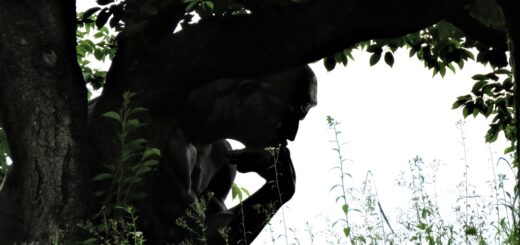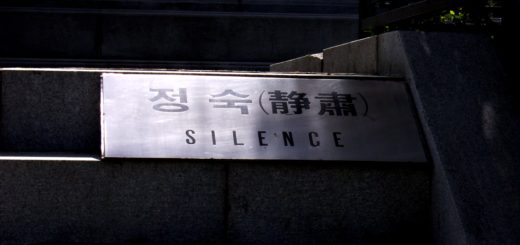On the Politicians
Can one be a successful politician without actively giving up the higher spiritual pursuits? That is, can one pursue a political career — in which effectiveness is built on the appearance of certainty, the rejection of doubts, and the reduction of all matters to action, agreement, and funding — without forsaking the love of the beautiful, the longing for truth, and the quest for the ultimate human good?
Can one climb the political ladder without making promises one has no serious intention of fulfilling? Without courting false and disreputable “friendships” of all sorts? Without spending one’s days mired in the pragmatic world of “winning” and angles and optics? Without trading one’s soul to a tribe in exchange for support and a “brand” to pitch? Without prioritizing one’s career successes over whatever principles one may once have sincerely held, before the realities of fundraising and “building alliances” gradually swallowed one’s conscience? Without sacrificing one’s potential for joy and understanding and genuine wisdom, such as it may have been, to the dream of gaining power over men and their money, and holding onto that power for as long as possible?
Even if you think you can name an exception, a politician who does or did succeed without such essential compromises, it is more than likely that your judgment is too charitable, and more importantly that even such an exception, were he genuine, would be the exception that proves the rule, i.e., too anomalous and isolated to advance substantial liberty in the long run, or to achieve any consequential and lasting reversals of illegitimate government expansion.
Some may immediately think here of the American Founding Fathers — forgetting that their great and lasting achievements in the name of freedom were made not through democratic politics but through the destruction of a stable but illiberal establishment: through rebellion, war, and the imposition of new principles of government. The constitutional debate that followed was indeed carried out within democratic political processes, but it must be recalled that (a) this debate was set in motion not by elections but by victory in a revolutionary war, and (b) the resulting constitutional framework was largely controlled by the spirit of the leaders of that recent revolution, and aimed precisely at not letting too much of the revolutionary spirit slip away into the cracks of democratic gamesmanship under the stewardship of lesser men, the partisans and career politicians. That is, the U.S. Constitution was, as it were, a manifestation of the pre-democratic phase of national birth straining to preserve itself through the foreseeable practical devolution of the principles of self-government into the machinations of self-government.
So much, then, for the romance of democratic politics. Democracy, in all its forms, is, at its best, the product of a hope that lasting freedom and a just society will issue from morally compromised, dubiously motivated, intellectually crippled, and emotionally infantile approval-seekers, money-grubbers, and power-mongers.
And yet in a world grounded in modern ideas, democracy is the best hope we have, or rather it was the best hope we had. Even a constitutional republic is in a sense just a democracy that has tried to restrain its worst impulses at the outset, but which in the end will depend for its survival and virtue on the implausible capacity of its leaders to restrain themselves.



